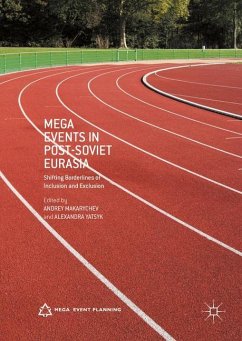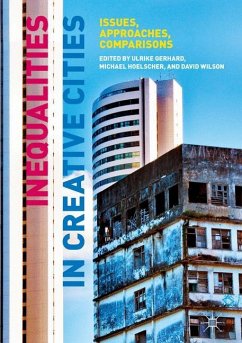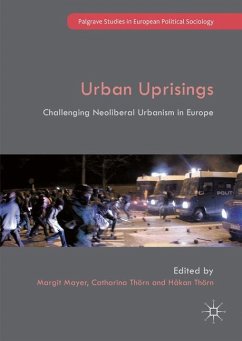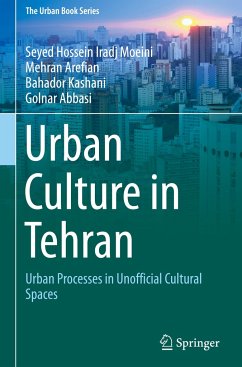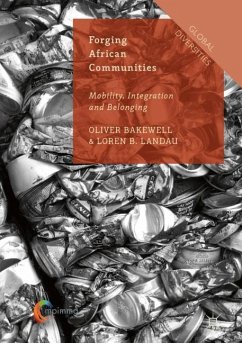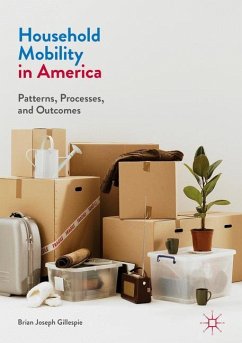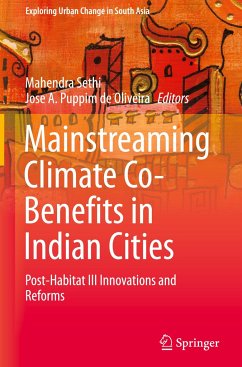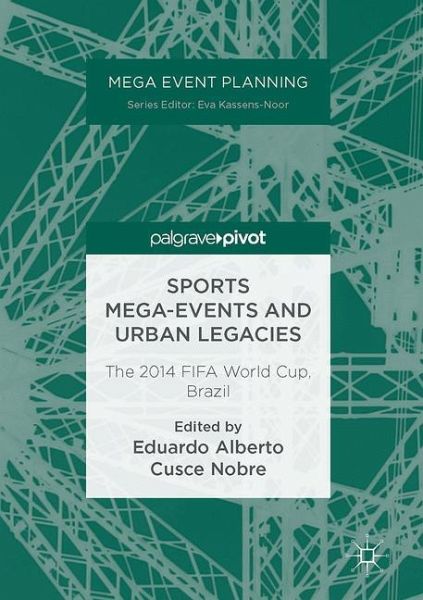
Sports Mega-Events and Urban Legacies
The 2014 FIFA World Cup, Brazil
Herausgegeben: Nobre, Eduardo Alberto Cusce

PAYBACK Punkte
21 °P sammeln!
This book examines the urban legacy of the 2014 football World Cup in Brazil across the seven cities that hosted matches. The authors, all experts and natives of South America, analyse the context and impacts of hosting the World Cup for each of the host cities. The chapters use a range of background data and local knowledge and understanding to critically assess what benefits or disadvantages came along with bidding for and hosting World Cup final games, and importantly considers who the beneficiaries where and are.It further provides detailed empirical evidence that highlights a growing tren...
This book examines the urban legacy of the 2014 football World Cup in Brazil across the seven cities that hosted matches. The authors, all experts and natives of South America, analyse the context and impacts of hosting the World Cup for each of the host cities. The chapters use a range of background data and local knowledge and understanding to critically assess what benefits or disadvantages came along with bidding for and hosting World Cup final games, and importantly considers who the beneficiaries where and are.
It further provides detailed empirical evidence that highlights a growing trend in sporting mega events: the overestimation of benefits and an underestimation of costs involved in hosting. The book adds to the critical literature that provides a counterweight to governments' aspirations to use mega events for the purposes of development and/or globalization, irrespective of the views of their citizens.
It further provides detailed empirical evidence that highlights a growing trend in sporting mega events: the overestimation of benefits and an underestimation of costs involved in hosting. The book adds to the critical literature that provides a counterweight to governments' aspirations to use mega events for the purposes of development and/or globalization, irrespective of the views of their citizens.





